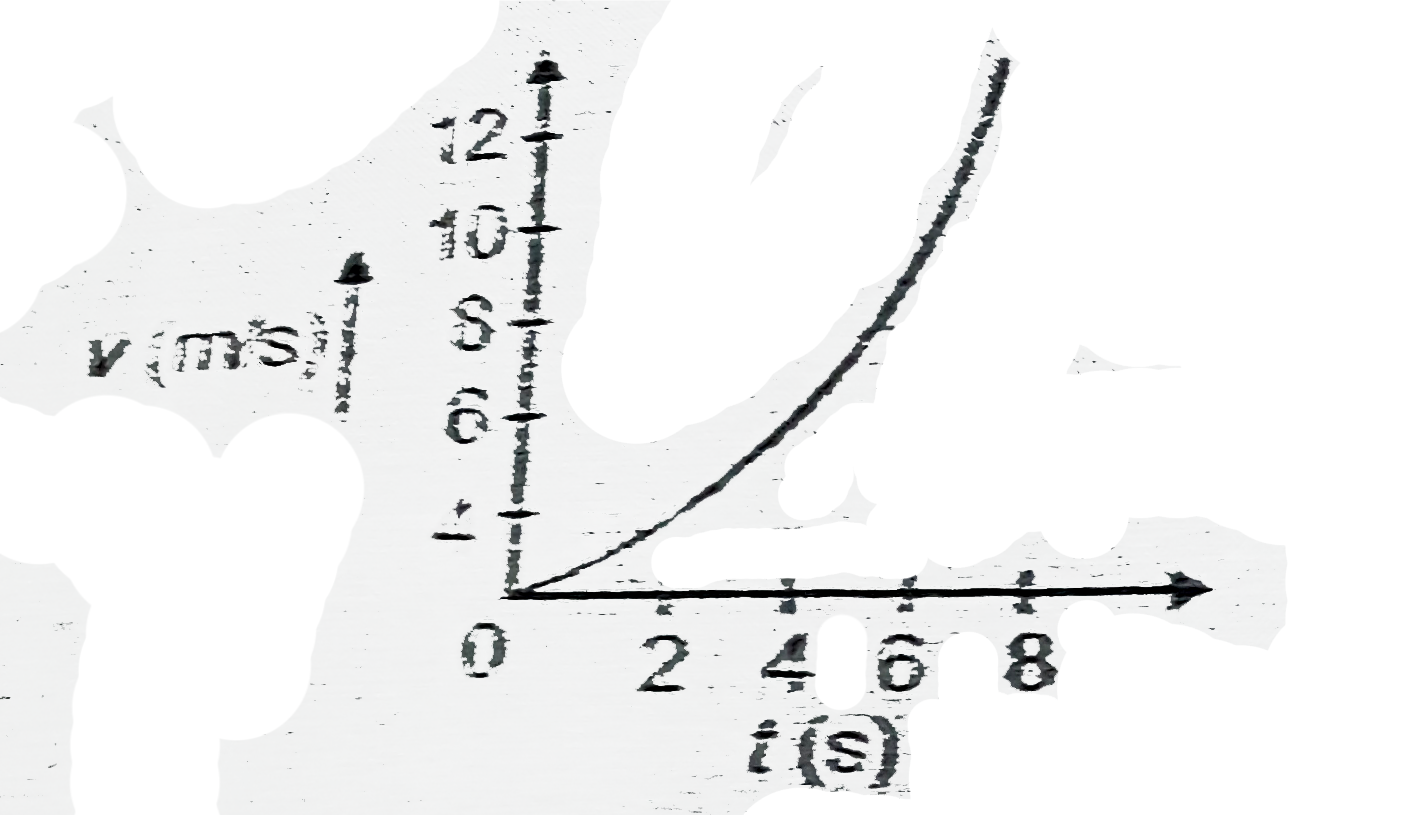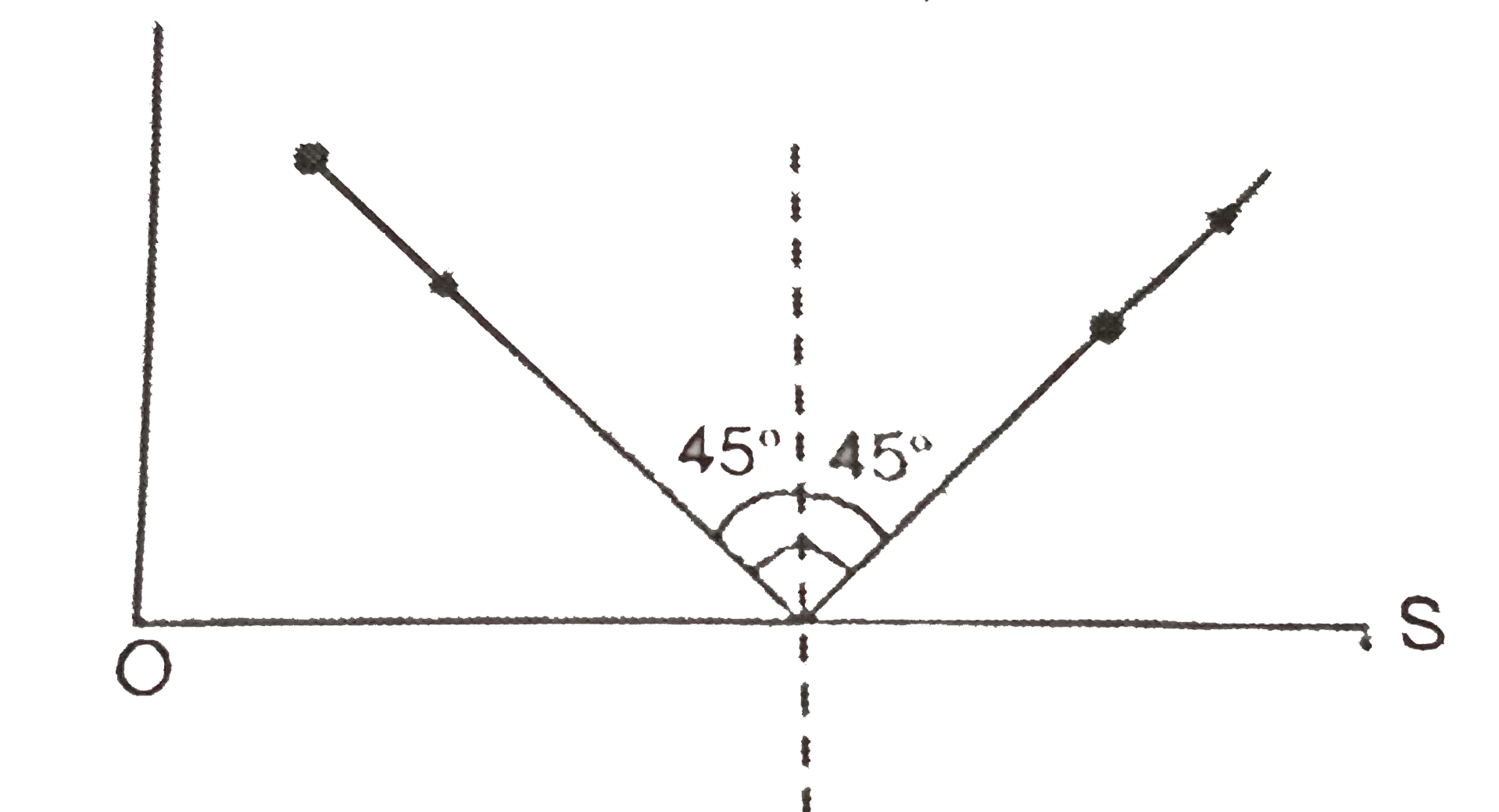An object of mass 100kg is accelerated uniformly from a velocity of 5m/s to 8m/s in 6s. Calculate the initial and final momentum of the object. Also, find the magnitude of the exerted on the object.
To solve the problem, we will follow these steps:
Step 1: Calculate the Initial Momentum
The formula for momentum (p) is given by:
p=m×v
where:
- m is the mass of the object,
- v is the velocity of the object.
For the initial momentum:
- Mass m=100kg
- Initial velocity vi=5m/s
Now, substituting the values:
pinitial=100kg×5m/s=500kg m/s
Step 2: Calculate the Final Momentum
Using the same formula for momentum, we can calculate the final momentum.
For the final momentum:
- Final velocity vf=8m/s
Now, substituting the values:
pfinal=100kg×8m/s=800kg m/s
Step 3: Calculate the Change in Momentum
Change in momentum Δp is given by:
Δp=pfinal−pinitial
Substituting the values:
Δp=800kg m/s−500kg m/s=300kg m/s
Step 4: Calculate the Magnitude of the Force Exerted
The force F exerted on the object can be calculated using Newton's second law:
F=ΔpΔt
where Δt is the time interval.
Given:
- Δt=6s
Now substituting the values:
F=300kg m/s6s=50N
Final Answers:
- Initial Momentum: 500kg m/s
- Final Momentum: 800kg m/s
- Magnitude of Force Exerted: 50N
---
The formula for momentum (p) is given by:
p=m×v
where:
- m is the mass of the object,
- v is the velocity of the object.
- Mass m=100kg
- Initial velocity vi=5m/s
pinitial=100kg×5m/s=500kg m/s
Using the same formula for momentum, we can calculate the final momentum.
- Final velocity vf=8m/s
pfinal=100kg×8m/s=800kg m/s
Change in momentum Δp is given by:
Δp=pfinal−pinitial
Δp=800kg m/s−500kg m/s=300kg m/s
The force F exerted on the object can be calculated using Newton's second law:
F=ΔpΔt
where Δt is the time interval.
- Δt=6s
F=300kg m/s6s=50N
- Initial Momentum: 500kg m/s
- Final Momentum: 800kg m/s
- Magnitude of Force Exerted: 50N
Topper's Solved these Questions
- FORCES AND LAWS OF MOTIONBook:PRADEEPChapter:FORCES AND LAWS OF MOTIONExercise:SHORT ANSWER QUESTIONS
Explore 44 Videos
- FORCES AND LAWS OF MOTIONBook:PRADEEPChapter:FORCES AND LAWS OF MOTIONExercise:LONG ANSWER QUESTIONS
Explore 10 Videos
- FORCES AND LAWS OF MOTIONBook:PRADEEPChapter:FORCES AND LAWS OF MOTIONExercise:MOCK TEST
Explore 36 Videos
- FLOTATIONBook:PRADEEPChapter:FLOTATIONExercise:Problem For Practice
Explore 6 Videos
- GRAVITATIONBook:PRADEEPChapter:GRAVITATIONExercise:Model Test paper (1)
Explore 36 Videos
Similar Questions
An object of mass 100kg is accelerated uniformly from a velocity of 5m/s to 8m/s in 6s. Calculate the initial and final momentum of the object. Also, find the magnitude of the force exerted on the object.
View SolutionAn object of mass 200 kg is accelerated uniformly from a velocity of 4ms−1to8ms−1 in 10 s . Find the magnitude of the force exerted on the object
View Solution
Knowledge Check
An object of mass 100kg is accelerated uniformly from a velocity of 5ms−1 to 15ms−1 in 5s. Find the magnitude of force exerted on the object.
A200JB200kgC200PaD200NWhat is the momentum of an object of mass m , moving with a velocityv ?
A(mv)2Bmv2C12mv2DmvAn object of mass 11kg is moving with a unifrom velocity of 5m−1. What is the kinetic energy possessed by the object?
A17.5 JB137.5 JC137. 5 msD180.5 J
An object moving with uniform acceleration has a velocity of 20m/s after 4 seconds and 28m/s after 6 seconds. Calculate the distance travelled by the object in 10th second .
View SolutionFrom a rifle of mass 4kg, a bullet of mass 50kg is fired with an initial velocity of 35m/s. Calculate the initial recoil velocity of the rifle.
View SolutionAn object of mass 15kg is moving with a uniform velocity of 4m/s. what is the kinetic energy possessed by the object ?
View SolutionThe velocity-time graph of an object is given below. Calculate the average acceleration of the object in the time interval of 4 s to 6 s.

View SolutionA 5 kg object with speed of 30m/s strikes a steel plants at an angle 45∘ and rebound at the same speed and same angle (Fig. 3.43). Calculate.
(a) the magntiude of the change is momentum of the object and

(b) the change in the magnitude of the momentum of the object.
View Solution

